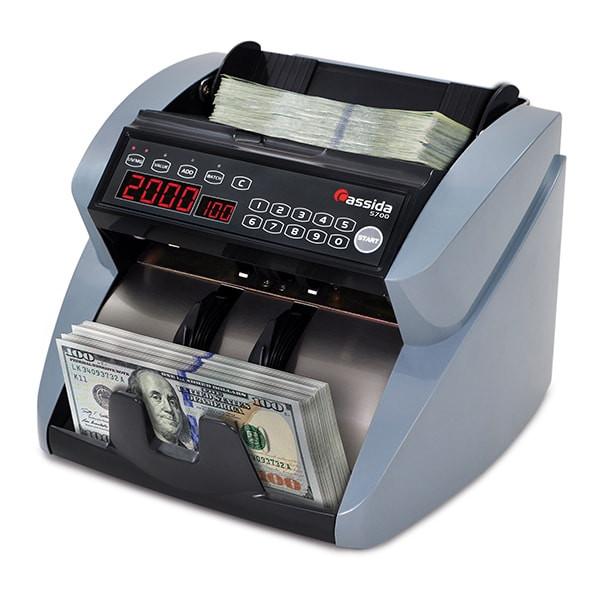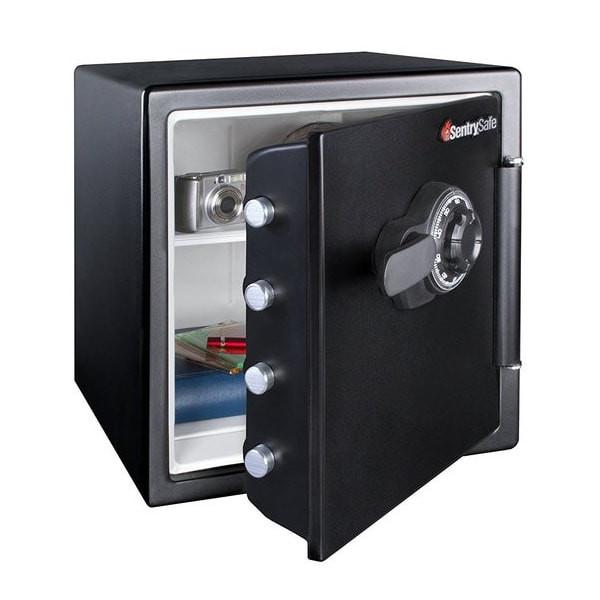How to Protect Your Property Using CCTV Cameras

A CCTV kit provides coverage for commercial or private property. Using them is not as expensive or as complicated as most people think. These cameras constantly record and if they have a big hard drive, they can record for several months. Some of them allow you to view the footage on your Smartphone or tablet, so you can always monitor anytime what is going on in and around your home or property.
Most people don’t know that CCTV alone cannot prevent theft in your home. It needs to be combined with other security measures that are cheap and more effective. If you have decided to use CCTV security cameras for security purposes, then you have to find the best places to position your cameras. If you are renting the house, you will need to get written permission from the landlord to fit the cameras around the house but if it is your home, you can go right ahead and install the camera's.
You will also need to get permission from your local county authority before you install the cameras. Before installing cameras on anybody’s property or your neighbor’s property, you will have to get written permission from them, so don't install the camera's outside your property unless you have expressed permission to do so. You will also need to get written permission from the local authority before fitting the cameras on public buildings, trees, street lights or public fences.
If the cameras are on your property, you will be exempted from Data Protection Act even if the cameras are facing the streets because cameras that are used to protect your home are exempted from data protection principles. CCTV used for business is not exempted from the Data Protection Act in the UK. Your cameras should however, not face the neighbor’s property since that is considered an invasion of privacy. As much as a private user is exempted from the Data Protection Act, if you misuse the CCTV, you can be charged in court. If you invade another person’s privacy with your cameras, you can be charged with a criminal offence.
Talk to your neighbors before you install CCTV. You should also consider showing them some of the images to assure them about any concerns that they might have. Before you install the cameras, come up with a clear plan and write it down. The plan should include how you would want to use the camera's, where to install them and what you would wish it to capture. This will help ensure that you do not waste your time capturing images that wouldn't useful to you.

Domestic users do not need to have signs showing the public that there are CCTV cameras on their property since they are not under data protection principles. They can however inform people that they are going into an area where there is CCTV just in case someone accuses them of misusing the CCTV cameras. Such signs can stop those who have the intention of committing offences in your property. If you run a business put up signs to make the public aware that they are recording them.
When you are deciding which side the cameras should face, it is best to place them at a strategic position that will help you identify or recognize people easily. Use multiple cameras, so as to cover a large area since one camera might not be adequate if the area being is big. Choose the size of image that will help you see what someone is doing quite well without straining. It should also be possible for the viewer to recognize the person.
If the cameras record an incident, you might have to present it in court as evidence of identity, so the more clear the images that are captured are, the better. Focus your cameras on very specific areas to capture images that can be identified.ni
Always check your cameras to ensure that they are clean and not out of focus. Set the date and time since the wrong date and time can affect the evidence you present in court in case you need to use it. In case of an incident, ensure that you handle the evidence very well.
You can also activate infrared night vision on certain models of cameras if you are recording in a dark location or at night. Having a little ambient light can also increase the image quality from cameras using infrared night vision in the dark.
Once you record something that you might need to save, for instance, to use as evidence later on, make sure to save it somewhere else like a CD immediately since there is a possibility of the CCTV system recording over the previous images at a preset time and you may end up losing the evidence. If you are not able to remove the evidence then unplug the DVR and give it to the police.
Mark the CD with an identification number once you have removed the evidence with the guidance of the police. Record the date, time, identification number and the person who handled the information. Do not view the images over and over without first backing them up as this might has potential to ruin the footage.




Comments
Leave a comment